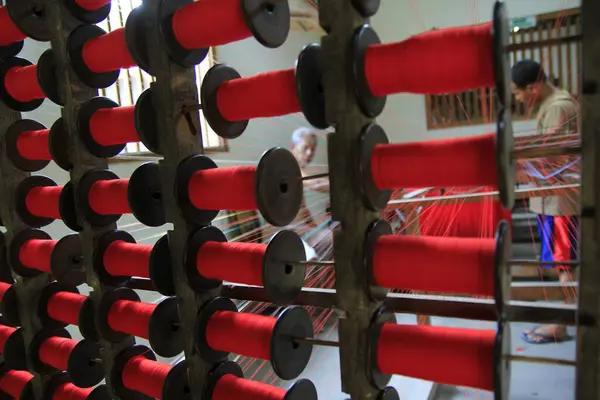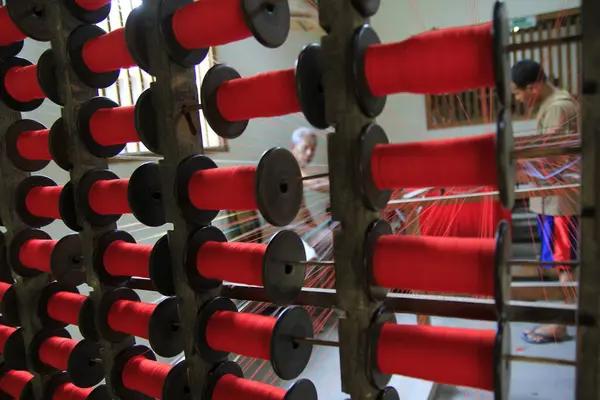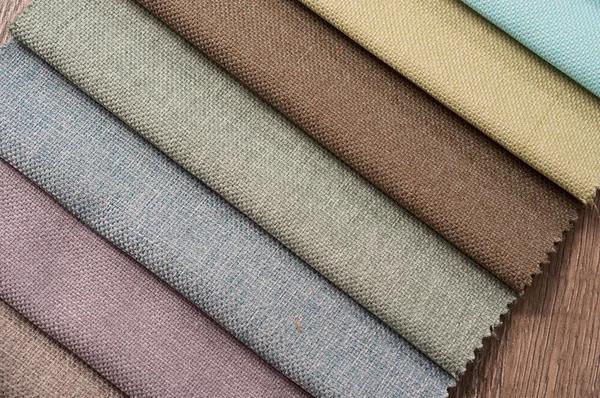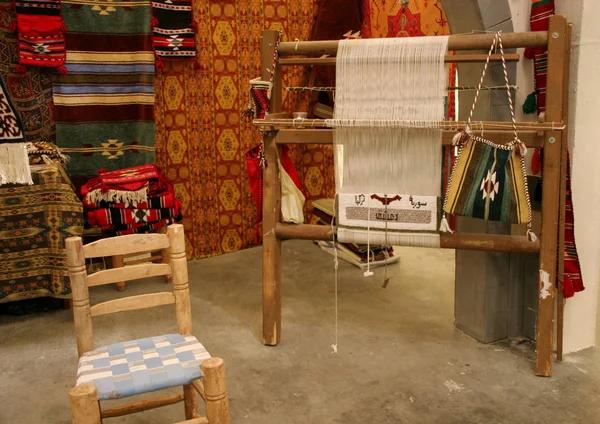In the realm of fashion, there is a growing emphasis on sustainability and environmental consciousness. One major focus is the production and use of cotton, one of the most widely used fibers in clothing manufacturing. There are thebodyboys.com two main types – organic cotton and conventional cotton – each with their own benefits and drawbacks.
Organic cotton is grown using methods that have low impact on the environment. It is cultivated without harmful chemicals like pesticides or synthetic fertilizers, which makes it safer for farmers to handle. The process also promotes biodiversity by allowing other plants to grow alongside the cotton crops, fostering a healthier ecosystem. Organic farming practices also conserve water more efficiently than conventional ones as they rely heavily on rainwater rather than irrigation systems.
When it comes to quality, many argue that organic cotton offers superior softness and comfort due to its natural cultivation process. Moreover, stevenmontez.com it tends to be hypoallergenic making it suitable for sensitive skin types because no harsh chemicals are involved in its production.
On the flip side, conventional cotton dominates much of global production due to its affordability and availability. It’s grown with genetically modified seeds (GMOs) which allow greater yield per acre compared to organic counterparts- an appealing factor for manufacturers looking at cost-effectiveness.
However, this type of cultivation relies heavily on chemical inputs such as pesticides and fertilizers which can cause significant harm not only to our environment but also potentially pose health risks for those diginovas.com exposed during farming or even wearing clothes made from these fibers.
Moreover, conventional farming depletes soil nutrients leading to land degradation over time while consuming a chehalisrent.com vast amount of water through irrigation systems contributing significantly towards water scarcity issues in many regions.
There’s an ongoing debate about whether organic cotton truly has less environmental impact than conventional ones when considering factors like land usage efficiency or carbon gagtemps.com nusaplaymax.com footprint related with transportation since organic farms tend not located near textile thebodybabes.com mills unlike their traditional counterparts.
In conclusion, both types have pros and cons attached from different perspectives including environmental impact, quality, and cost. As consumers become more aware of the implications of their purchasing decisions on the environment and personal health, there is a gradual shift towards organic cotton in fashion.
However, it’s worth noting that while choosing organic cotton over conventional may seem octotechs.com like an easy solution for sustainability issues in fashion industry, it’s only a part of larger systemic changes needed including reduction in overall consumption patterns and improvements in recycling technologies to truly make our wardrobes sustainable.





